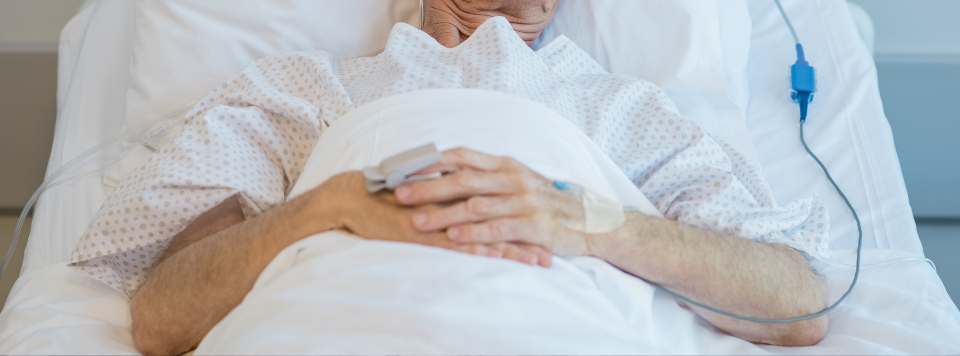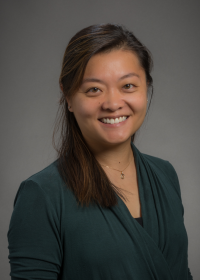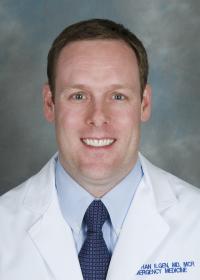
Drs. Klabbers and O’Laughlin receive funding for an HIV study in refugee settlements in Uganda


Drs. Robin Klabbers and Kelli O'Laughlin have received funding to look at improving access to HIV care for those living in refugee settlements in Uganda. To carry out this study, Drs. Klabbers and O'Laughlin will partner with Dr. Jacob Oluma, Health Advisor with Medical Teams International, and Dr. Timothy Muwonge from the Makerere University Infectious Diseases Institute.
Dr. Klabbers will serve as the Principal Investigator for the study titled, 'Differentiated service delivery for HIV: tailoring community ART delivery for people living with HIV in refugee settlements in Uganda' while Dr. O'Laughlin will serve as the Faculty Mentor.
The study, funded by the UW Population Health Initiative, will begin on January 1, 2024, and go until August 31, 2024.
Project Abstract: Linkage to care and initiation of anti-retroviral therapy (ART) is essential for successful HIV treatment, yet many people living with HIV in refugee settlements in Uganda do not engage in clinical care because of barriers such as long distances to clinic, transportation costs, and lack of social support. Community ART delivery is a differentiated care strategy designed to overcome these obstacles by moving HIV treatment out of health facilities and into the community. Little is known regarding what optimal community ART delivery looks like for people living with HIV in refugee settlements.
The proposed pilot research will leverage the infrastructure of the Head StART study, a cluster-randomized trial evaluating the effectiveness of community ART delivery for people newly diagnosed with HIV at 12 health centers in 5 refugee settlements in Uganda. A multilingual research assistant will conduct individual interviews with people living with HIV (N~20) and HIV peer-navigators (N~12), and will hold focus group discussions with health workers (N~32) at Head StART health centers to identify key barriers to community ART delivery engagement in this setting and characterize perspectives on the optimal design (preferences and feasibility) of community ART delivery to overcome these barriers. Transcripts will be analyzed using rapid qualitative methods and a list will be generated of community ART delivery characteristics to inform the attributes and levels of a discrete choice experiment quantifying preferences for community ART delivery models among people living with HIV in refugee settlements in Uganda.
Dr. Jacob Oluma, the Health Advisor from Medical Teams International (MTI) in Uganda, is the Co-Applicant, and Dr. Timothy Muwonge from the Infectious Diseases Institute at Makerere University in Uganda, is a Co-Investigator.








